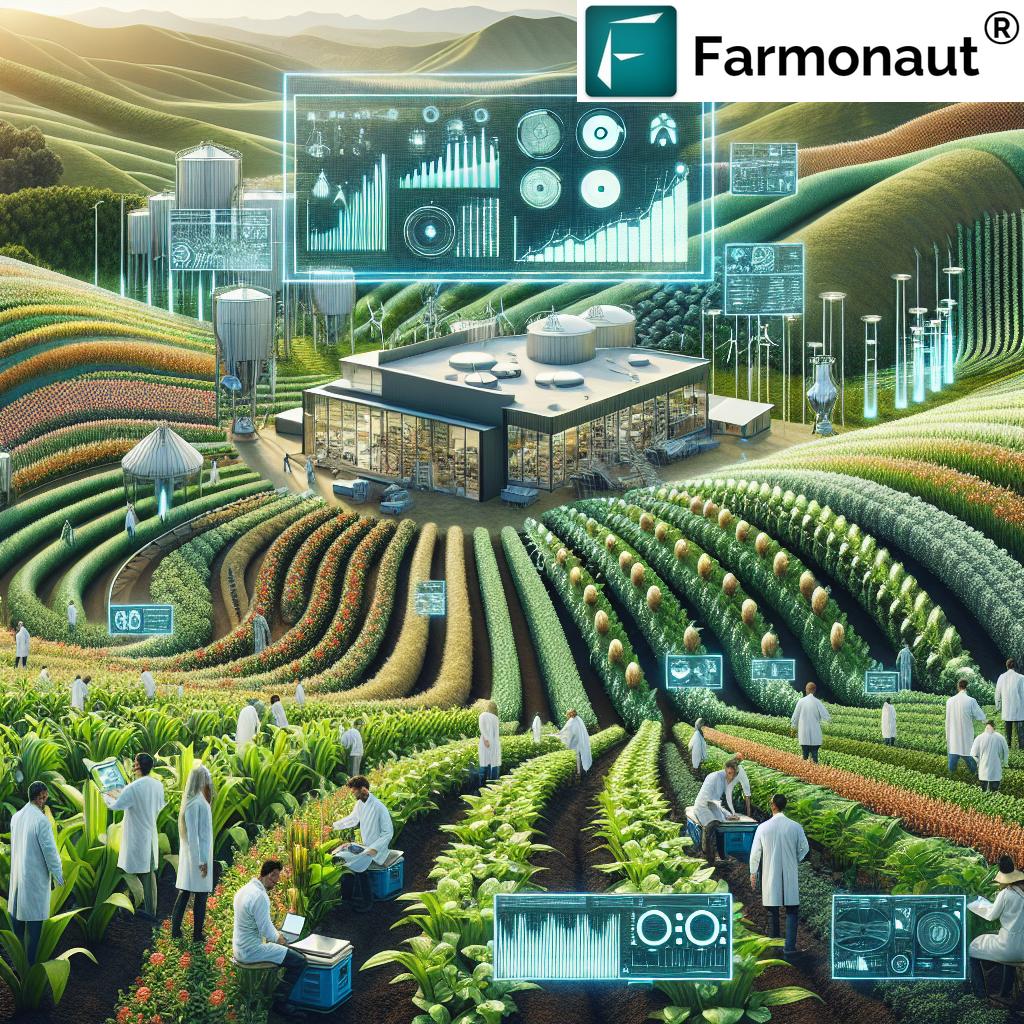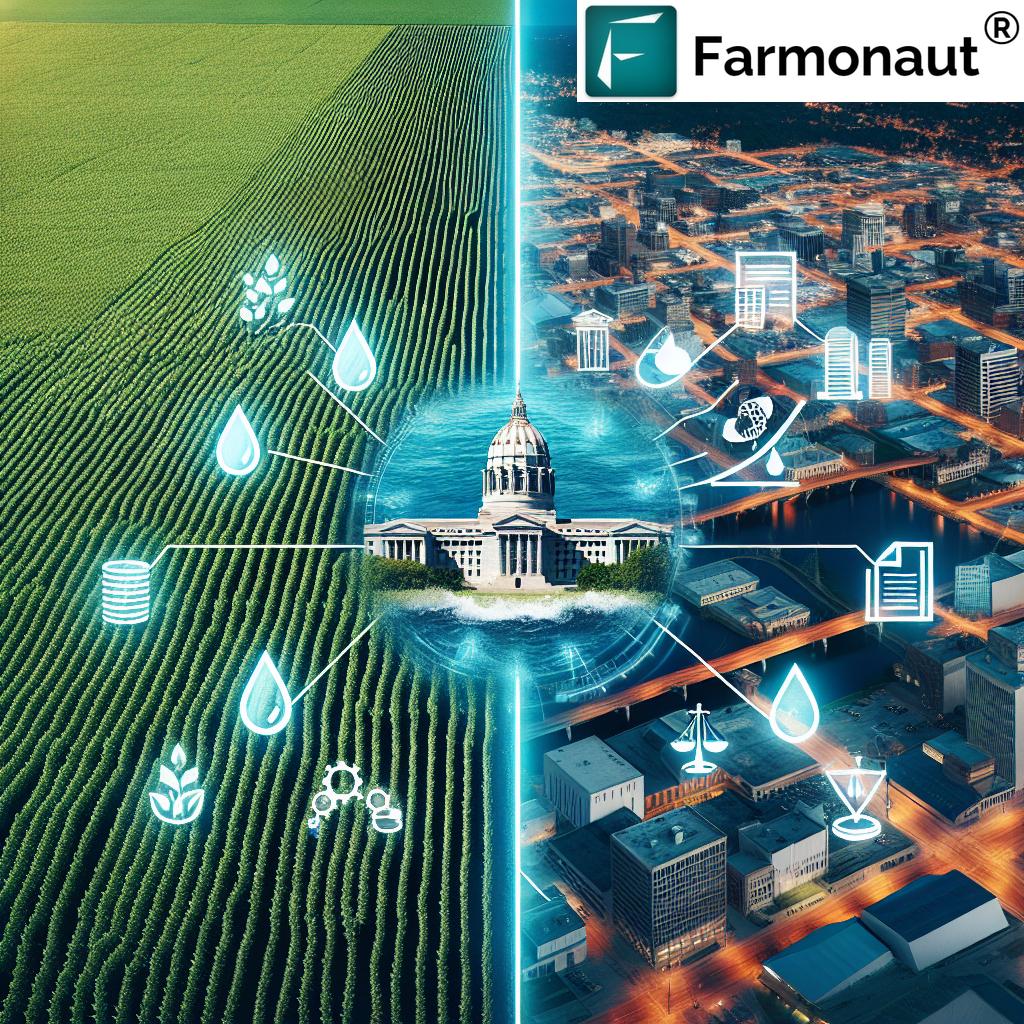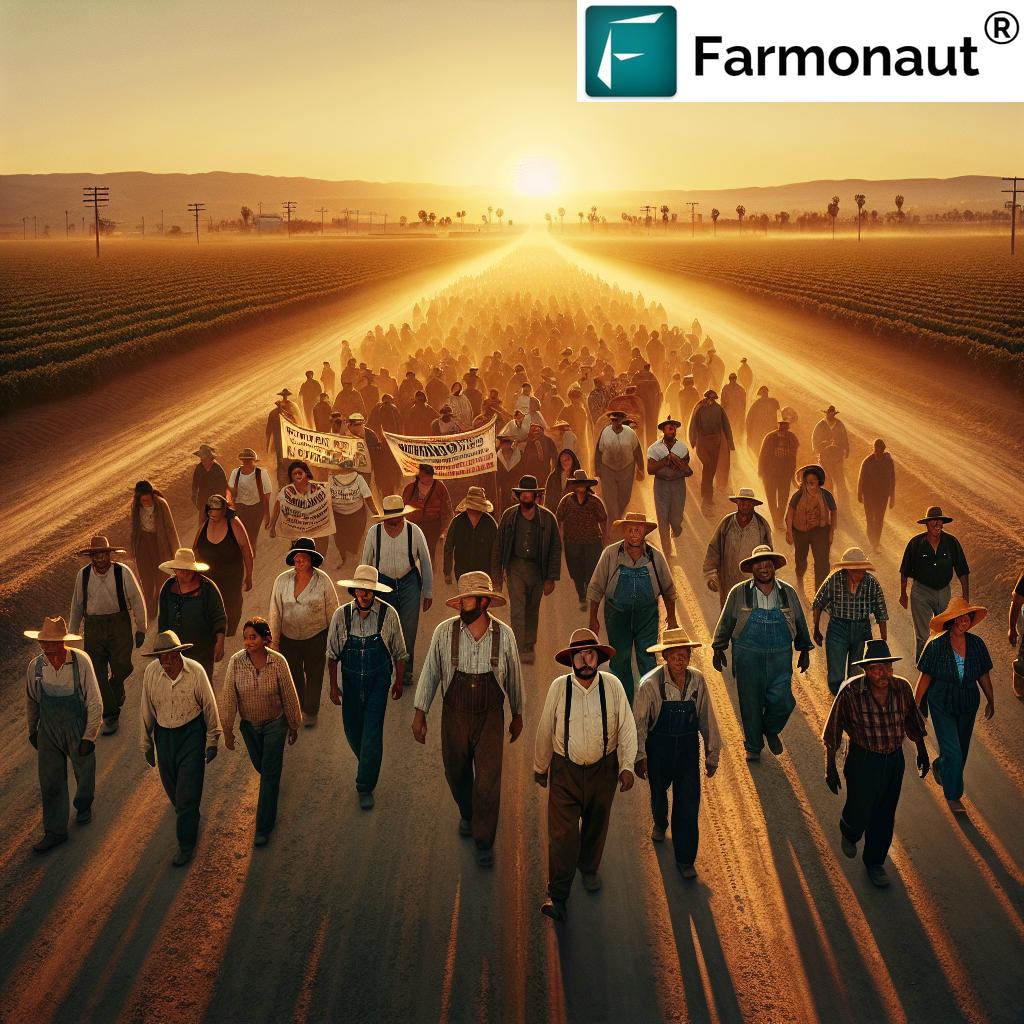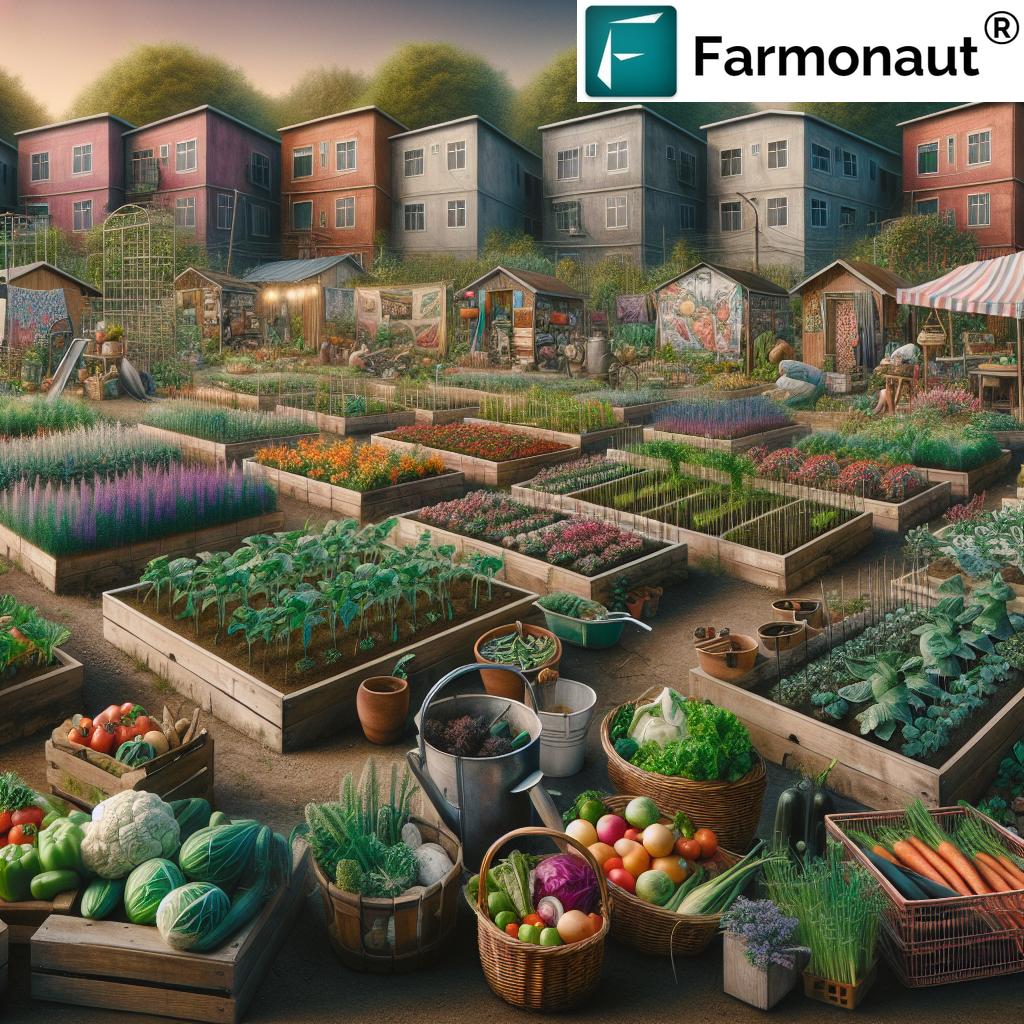Preserving Rural Heritage: Grundy County’s Farming Legacy and Minneapolis Moline Tractor Restoration
“Minneapolis Moline tractor enthusiasts in Grundy County, Iowa, have restored over 50 vintage tractors for local shows and exhibitions.”
In the heart of rural Iowa, nestled within the fertile lands of Grundy County, lies a rich tapestry of agricultural history and community spirit. Today, we embark on a journey through time, exploring the remarkable life of Paul L. Weiss, a lifelong resident of Reinbeck, Iowa, whose story encapsulates the essence of Midwest farming culture and the enduring legacy of rural America.
The Roots of Reinbeck: A Glimpse into Rural Iowa Life
Reinbeck, a small town in Grundy County, has been the backdrop for countless stories of hard work, innovation, and community bonds. As we delve into Paul Weiss’s life, we gain insight into the evolution of farming practices, the importance of local industries, and the unwavering spirit of rural communities.
Born on January 30, 1936, in rural Grundy County, Paul’s life journey mirrors the transformations that have shaped the agricultural landscape of Iowa. From his early days working at the Hudson Creamery to his later years restoring vintage Minneapolis Moline tractors, Paul’s experiences offer us a window into the changing face of rural America.
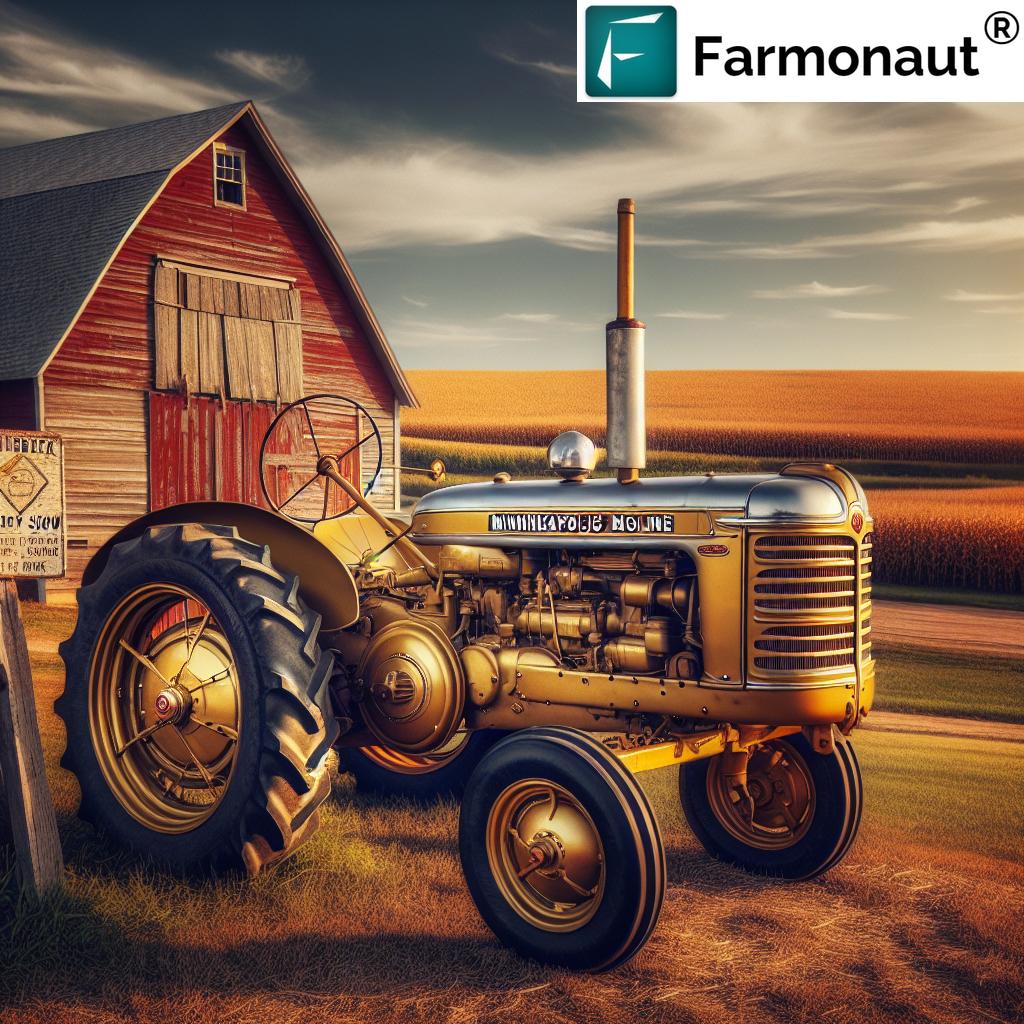
From Creamery to Semi-Trucking: The Versatility of Rural Careers
Paul’s career trajectory reflects the diverse opportunities that have existed in rural Iowa over the decades. His early employment at the Hudson Creamery speaks to a time when local dairy processing was a cornerstone of many small towns. As farming methods evolved and transportation networks expanded, Paul adapted, transitioning to roles that included:
- Owning the DX Station in Reinbeck
- Delivering Anderson Erickson Milk door-to-door for 16 years
- Farming alongside his father-in-law, Lester Barfels
- Driving semi-trucks for Fogt Farms
- Hauling rock for Folkerts & Son Trucking
This versatility in employment is a testament to the resilience and adaptability of rural workers, who often wear many hats to support their families and communities.
The Evolution of Grundy County Agriculture: 1950s to Present
| Decade | Primary Crops | Farming Technology | Community Institutions | Notable Events |
|---|---|---|---|---|
| 1950s | Corn, Soybeans, Oats | Mechanical Tractors, Basic Irrigation | Local Creameries, High Schools | Paul Weiss graduates from Reinbeck High School (1954) |
| 1960s | Corn, Soybeans, Alfalfa | Improved Tractors, Chemical Fertilizers | Cooperatives, Farm Bureaus | Expansion of door-to-door milk delivery |
| 1970s | Corn, Soybeans | Early GPS Systems, Advanced Machinery | Rural Fire Departments, 4-H Clubs | Paul joins Reinbeck Fire Department |
| 1980s | Corn, Soybeans, Specialty Crops | Computer-Aided Farm Management | Agricultural Research Centers | Farm Crisis impacts rural communities |
| 1990s | GMO Crops Introduced | Precision Agriculture Begins | Ethanol Plants, Wind Farms | Paul starts Minneapolis Moline tractor restoration |
| 2000s | Diversified Crop Rotations | GPS-Guided Equipment, Drone Technology | Biofuel Cooperatives | Tractor shows gain popularity |
| 2010s | Sustainable Farming Practices | IoT in Agriculture, AI-Driven Analytics | Tech-Enabled Farm Management Centers | Cedar Valley Corvette Club outings |
| 2020s | Climate-Resilient Crops | Autonomous Machinery, Satellite Monitoring | Digital Agricultural Hubs | Continued focus on preserving agricultural heritage |
This table illustrates the remarkable transformation of Grundy County’s agricultural landscape over seven decades. From the traditional farming methods of the 1950s to the high-tech precision agriculture of today, we can trace the evolution of rural Iowa’s farming practices, community structures, and technological advancements.
The Minneapolis Moline Legacy: Restoring Rural Heritage
One of the most fascinating chapters in Paul’s life was his dedication to restoring Minneapolis Moline tractors. These iconic machines, once a staple of American farms, hold a special place in the hearts of many rural communities. Paul’s restoration of a 1938 Minneapolis Moline UDLX tractor became more than just a hobby; it was a way to preserve a piece of agricultural history.
The UDLX, or “Comfortractor,” was a unique model that combined the utility of a tractor with the comfort of a car. It represented a bold vision for the future of farming in its time. By meticulously restoring this tractor, Paul not only rekindled memories of a bygone era but also educated younger generations about the ingenuity and craftsmanship of early 20th-century American manufacturing.

Paul’s passion for Minneapolis Moline tractors didn’t stop with the UDLX. He later acquired a 1942 Minneapolis Moline R-Cab, expanding his collection and his ability to participate in tractor rides and parades. These restored tractors became more than just machines; they were rolling museums, telling the story of American agricultural innovation and the hard work of generations of farmers.
Tractor Shows: Celebrating Rural Heritage Across State Lines
Paul and his wife Kay’s participation in tractor shows across eight states is a testament to the enduring appeal of vintage farm equipment. These events serve multiple purposes:
- Preserving agricultural history
- Educating the public about farming heritage
- Fostering community among tractor enthusiasts
- Promoting intergenerational knowledge transfer
The Minnesota tractor shows, in particular, became a highlight for Paul and Kay. These gatherings not only showcased beautifully restored machines but also served as a reunion for like-minded individuals who shared a passion for rural heritage.
Lake Pepin Camping: Blending Rural Traditions with Leisure
While Paul’s life was deeply rooted in the farming community of Grundy County, he and his family also enjoyed the natural beauty of the surrounding region. Lake Pepin, located on the border of Minnesota and Wisconsin, became a favorite destination for camping and boating. This picturesque lake, formed by a wide spot in the Mississippi River, offered the Weiss family a chance to relax and create lasting memories away from the fields and workshops.
The tradition of Lake Pepin camping highlights an important aspect of rural life often overlooked: the balance between hard work and leisure. For many farming families, these getaways provide crucial respite from the demands of agricultural life and an opportunity to strengthen family bonds.
From Tractors to Corvettes: The Evolving Interests of Rural Enthusiasts
As Paul and Kay’s children grew, their interests evolved. The couple transitioned from family camping trips to exploring the countryside on a Honda Interstate motorcycle. This shift reflects the changing dynamics of rural leisure activities and the adaptability of community members to new forms of recreation.
In his later years, Paul found a new passion in the Cedar Valley Corvette Club. This interest in high-performance American cars might seem a far cry from his days of tractor restoration, but it speaks to the diverse interests that thrive in rural communities. The weekly outings with the Corvette Club became a highlight for Paul and Kay, offering a blend of automotive enthusiasm and social connection.
“Reinbeck’s rural fire department, staffed by volunteers, responds to an average of 100 emergency calls annually, serving a population of 1,664.”
The Reinbeck Fire Department: A Pillar of Community Service
Paul’s 35-year tenure with the Reinbeck Fire Department underscores the vital role of volunteer emergency services in rural areas. In small towns across America, fire departments are more than just emergency responders; they are cornerstones of community safety and civic engagement.
The Reinbeck Fire Department, like many rural fire services, faces unique challenges:
- Covering large geographic areas with limited resources
- Maintaining a volunteer force in a changing rural demographic
- Keeping up with evolving fire safety technologies and techniques
- Balancing the demands of emergency services with volunteers’ primary careers
Paul’s long-standing commitment to the fire department exemplifies the spirit of community service that is fundamental to the fabric of rural life. It’s a reminder that in small towns, everyone plays a part in ensuring the safety and well-being of their neighbors.
The Impact of Technology on Rural Iowa
As we reflect on Paul’s life journey, it’s impossible to ignore the technological advancements that have transformed rural Iowa. From the early days of mechanical tractors to today’s GPS-guided precision agriculture, the face of farming has changed dramatically.
Modern farmers in Grundy County and beyond now have access to sophisticated tools that Paul and his contemporaries could only have dreamed of. Satellite-based farm management solutions, like those offered by Farmonaut, are revolutionizing how farmers monitor crop health, manage resources, and make decisions.
These technological advancements offer several benefits to rural communities:
- Increased crop yields through optimized resource management
- Reduced environmental impact through precision application of inputs
- Enhanced ability to monitor and respond to changing weather conditions
- Improved farm profitability through data-driven decision making
While embracing these new technologies, it’s crucial to remember and honor the legacy of farmers like Paul, whose hard work and innovation laid the foundation for today’s agricultural success.
Preserving Rural Heritage in the Digital Age
As we move further into the 21st century, the challenge for rural communities like Reinbeck is to balance technological progress with the preservation of their rich cultural heritage. The restoration of vintage tractors, participation in tractor shows, and involvement in local clubs are all ways to keep rural traditions alive.
At the same time, new technologies can play a role in preserving and sharing this heritage. Digital archives, virtual museum exhibits, and online communities dedicated to rural history can help ensure that the stories of people like Paul Weiss are not lost to time.
The Future of Rural Iowa: Challenges and Opportunities
As we honor the legacy of individuals like Paul Weiss, we must also look to the future of rural Iowa. The agricultural sector faces significant challenges, including:
- Climate change and increasing weather variability
- Changing consumer preferences and market demands
- The need for sustainable farming practices
- Rural depopulation and the aging of the farming workforce
However, with these challenges come opportunities. The integration of advanced technologies, such as those provided by Farmonaut, can help address many of these issues. By combining traditional farming wisdom with cutting-edge solutions, rural communities can build a resilient and sustainable future.
Conclusion: Honoring the Past, Embracing the Future
Paul L. Weiss’s life story is a testament to the enduring spirit of rural Iowa. From his days at Reinbeck High School in the 1950s to his later years enjoying tractor shows and Corvette club outings, Paul embodied the values of hard work, community service, and adaptability that define America’s heartland.
As we remember Paul and others like him, we’re reminded of the importance of preserving our rural heritage while embracing the opportunities of the future. The legacy of Grundy County’s farming community, the restoration of Minneapolis Moline tractors, and the evolution of agricultural practices all tell a story of resilience and innovation.
In the end, it’s the people like Paul Weiss who make rural communities strong. Their commitment to family, community, and the land itself creates a foundation upon which future generations can build. As we face the challenges and opportunities of the 21st century, we would do well to remember and honor the values and experiences of those who came before us.
FAQ Section
Q: What is the significance of Minneapolis Moline tractors in rural Iowa?
A: Minneapolis Moline tractors hold a special place in rural Iowa’s agricultural history. They represent an era of American manufacturing innovation and were widely used on farms throughout the Midwest. Restoring these tractors helps preserve agricultural heritage and educates younger generations about farming history.
Q: How has farming in Grundy County changed since the 1950s?
A: Farming in Grundy County has undergone significant changes since the 1950s. Key transformations include:
- Shift from diversified farming to more specialized crop production
- Adoption of advanced technologies like GPS-guided equipment and precision agriculture
- Increased farm sizes and consolidation of smaller farms
- Implementation of sustainable farming practices and conservation methods
Q: What role do tractor shows play in rural communities?
A: Tractor shows serve multiple purposes in rural communities:
- Preserve and showcase agricultural history
- Provide educational opportunities about farming heritage
- Foster community bonds among tractor enthusiasts
- Promote intergenerational knowledge transfer
- Boost local tourism and economic activity
Q: How important are volunteer fire departments to rural areas like Reinbeck?
A: Volunteer fire departments are crucial to rural areas for several reasons:
- They provide essential emergency services across large geographic areas
- They foster a sense of community and civic engagement
- They offer cost-effective fire protection for small towns with limited budgets
- They often serve as community gathering points and support local events
Q: What challenges do rural Iowa communities face today?
A: Rural Iowa communities face several challenges:
- Depopulation as younger generations move to urban areas
- Aging farming population and succession planning for farms
- Adapting to climate change and increasing weather variability
- Keeping up with technological advancements in agriculture
- Maintaining essential services and infrastructure with limited resources
Earn With Farmonaut: Affiliate Program
Earn 20% recurring commission with Farmonaut’s affiliate program by sharing your promo code and helping farmers save 10%. Onboard 10 Elite farmers monthly to earn a minimum of $148,000 annually—start now and grow your income!
Additional Resources
For those interested in learning more about modern agricultural technologies and how they can benefit rural communities, consider exploring these resources:
- Farmonaut API: Access satellite and weather data for agricultural applications.
- API Developer Docs: Comprehensive documentation for integrating Farmonaut’s technology into your own systems.
By bridging the gap between traditional farming wisdom and cutting-edge technology, we can help ensure a bright future for rural communities like Reinbeck and Grundy County, honoring the legacy of individuals like Paul Weiss while embracing the possibilities of tomorrow.








